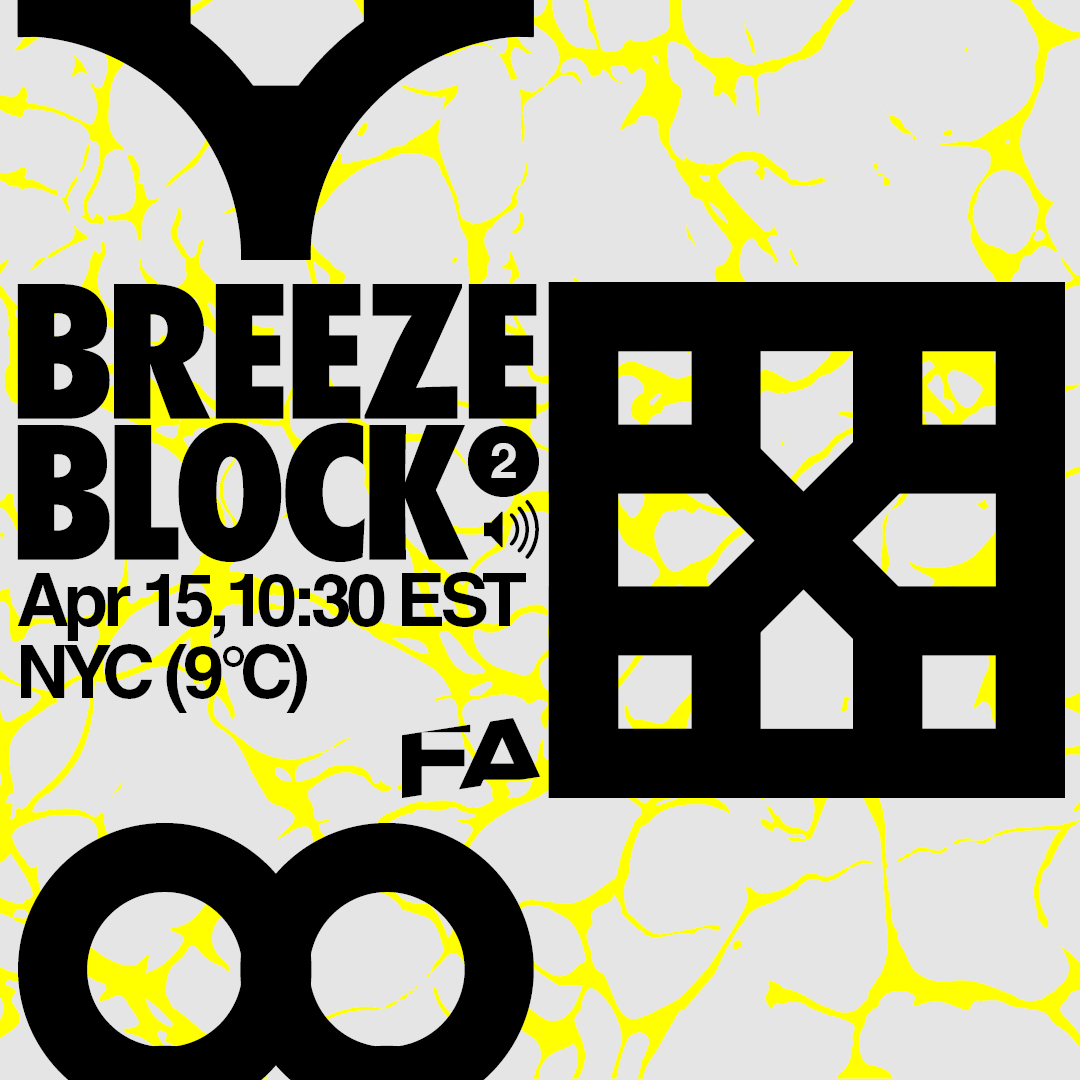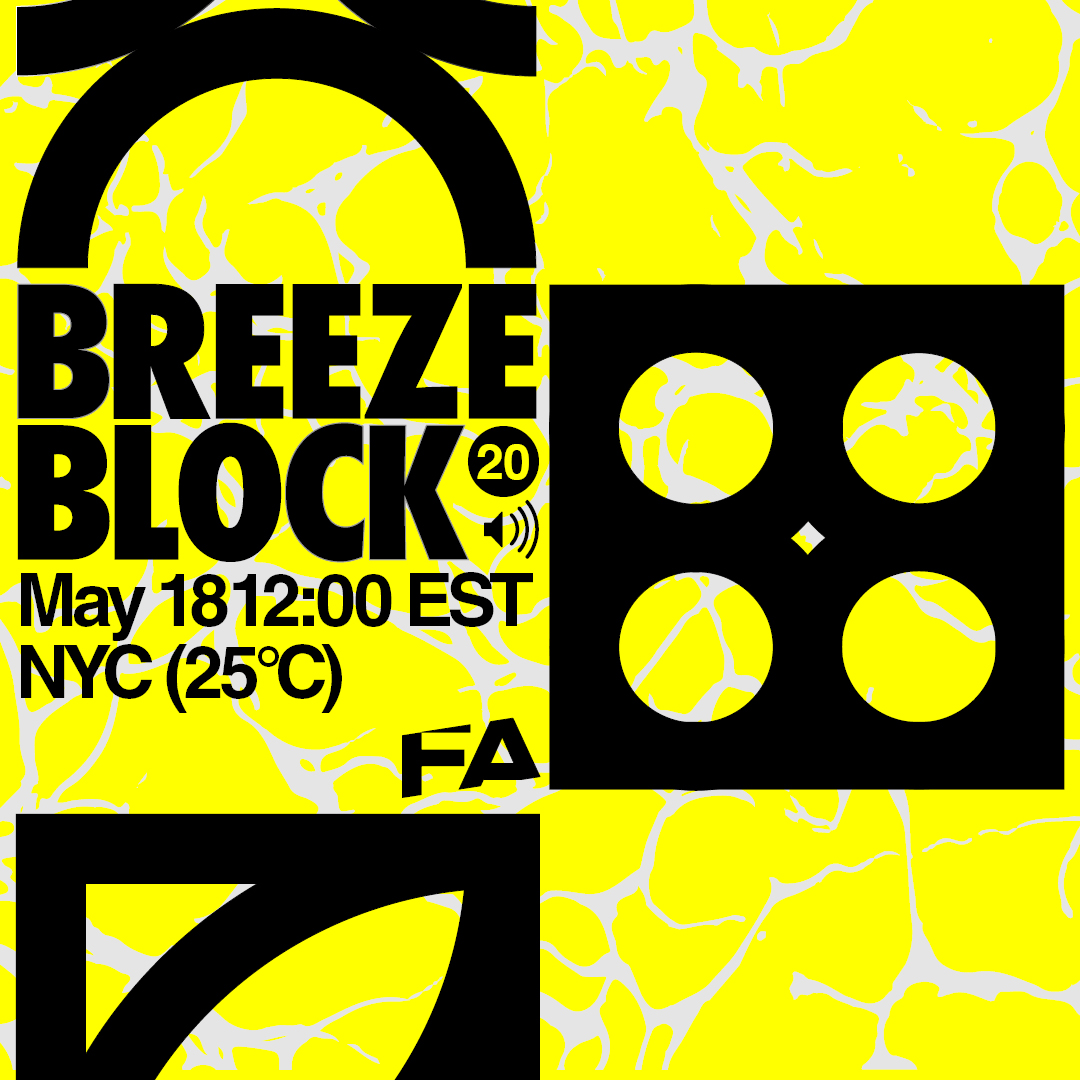Episode Transcript
Speaker 0 00:00:10 Welcome to film architectural priests books, where are they to share their thoughts on works in progress, urgent matters and current happenings in architecture and spatial politics. My name is Marianne <inaudible>. I am an editor and fellow architectures Amsterdam team, and I am here with <inaudible>. She's a senior editor at Amsterdam team as well. And today we are going to discuss a special series of the issue as it overwhelmed. Basically this series function as an open call for articles with a subject or topic that failed architecture is find relevant. So a CDFI rounds was started by Keyetta. And what we want to do today is to present it and give an overview here in Brisbane books. Hello, Kara, thank you for joining me today. Hi
Speaker 1 00:00:51 Maria. It's nice to be here. Thank you for having me.
Speaker 0 00:00:54 I will like to ask you what is a city of our own about, and the main ideas of the articles that you have in the special series.
Speaker 1 00:01:02 CDO hall we're own is a special series, as you already mentioned, and it focuses on the various ways in which the built environment in general, but in particular CDs perpetuate inequality between different sections of society. I think that since I was an editor at field architecture, so more than three years ago, I really wanted to grade more occasions to discuss feminist themes. And when we started doing special series, I really thought this was a great opportunity because we get, uh, issue a goal for articles and we get definitely added more feminist perspectives and voices to our platform. We had also recently received two unsolicited pitches on related themes. One was, um, the architect's model and its role in perpetuating a culture of male privilege and power that we still see in the profession today. And the other one was about these increasing number of online offers for highly discounted rent or even rent for free in exchange for sex or sexual fevers.
Speaker 1 00:02:17 And the slowest one in particular was a very interesting starting point because it really made us think about ways in which issues of gentrification. And for example, the saturated real estate markets in big cities are connected with feminist issues. This is also why the cold for articles quoted from the manifesto of feminism for the 99%. We really wanted it to be about these new open and accessible version of feminism, as opposed to, um, the mainstream corporate feminism, what some people call the leaning feminism. And, um, these also created the perfect opportunity to connect issues of feminism, to issues that we already were focusing a lot on our platform, such as an affordable housing, unacceptable working condition, proper policy in, um, climate change, for instance. So the money festival was useful because it also allowed us to borrow these existing framework to say that the focus of feminism should not be just women seen equality, but it should really be about all forms of inequality and oppressions affecting different categories of people.
Speaker 1 00:03:37 The aim of the title was to make clear from the title itself that we really wanted to shift the focus from the domestic to the urban sphere. So we were thinking about a room of one zone by Virginia Wolf, which was well, can be considered diversed feminist se in liter. And it uses the metaphor of the room to approach the necessity for women to invent a new language, to be part of this artistic and societal life that did not include them until that point, the room <inaudible> done necessary. Material means a woman needs to be able to write and to be creative in general, instead of conforming to the role she was assigned to by the barnyard society. So it was interesting to notice that even when we want to subvert these norms, we, Steve reburied use these stakeholder may between the private space of reproduction, which is domestic sphere and the public space of production.
Speaker 1 00:04:51 So the males fear. So we wanted to play with that in the title also to stress that now we really need to make a step forward. So the metaphor, but also the means we need our dose of this healing. So we need to think, uh, about feminism at a larger scale, and this was not new, of course, I'm thinking for example, of, uh, <inaudible> or Jane Rendell among many others whose works rooted feminism in public space and in the city, but, um, in less academic environments, there is Tila tendency to conflate feminist spatial analyses with themed, or, yeah, and we also decided not to go lit a CE, a one zone, but a city of our own, because we really wanted to put some emphasis on right. These plural perspective. And on the fact that feminism should not be about women's fishes, as I mentioned before, but about all the people finding themselves at the wrong of oppression and discrimination,
Speaker 0 00:06:01 An intersectional approach, basically
Speaker 1 00:06:03 Yes, exactly like an intersectional perspective, then it was great to see how this was really well picked up by the people who sent us purple soul speak is most of the pitches we received were not specifically about women's issues, but they were definitely about the ways in which CDs and urban space perpetuates oppression and inequality. So that was great.
Speaker 0 00:06:34 Now that you're touching the peaches maybe would be nice to have like a, an overview of this published articles of the series, as well as the ones that will be published soon.
Speaker 1 00:06:44 Okay. So first of all, I want to say that the response was truly overwhelming. We received about 50 proposals, I think, and most of them were great, honestly. So, uh, we had to make quite a difficult decision because, uh, I mean, of course we have as, you know, limited funding. So we get all these support seven or eight. So we are still in the process of getting all of them published. The first one that we published at school architecture is yet to come to terms with trans bodies written by John Parker. And I think it is so far one of my favorite pieces on field architecture because of its very personal perspective. It talks about, um, how difficult it is today to be a transgender in the architectural field, from the perspective of someone who actually transition while attending architecture school. So it's very interesting because it talks about from a about education and theory and public space and building regulation and how in all these aspects of the architectural field, did he see is still fading to acknowledge the presence of trans bodies in space.
Speaker 1 00:08:14 Then the second piece is called claiming cinematic space. Agnes Varda as pioneering take on women's urban experience and it was written by <inaudible> and it's about, of course I can inspire does films and how, um, the female characters are really depicted in the context of the CDs that surround them and how that relationship between the characters and the CDs reserve to break barriers in feminist spatial discourse. Then the third piece is called how more security makes women and queer people feel less safe and it was written by Jess and he obviously talks about how the position of women and queer people in public space is not rendered more secure by surveillance control and policing and incarceration. And the actually verbose is how real solutions could be fined in other fields. And then the other piece about Pakistan as a more historical overview, and it's about how the British invasion of the country has pushed women further back into the domestic sphere and away from the public sphere, because it raised what was the traditional domestic architecture, which had developed for a long time to respond as much as possible to social and cultural needs of women.
Speaker 1 00:09:48 Then we have a few pieces that we are still editing. One is, um, about collective memory of gender in public space in Pakistan. And it talks about how, even though women have fought to liberate themselves and the right to space, the oppression of the dictatorship still embedded in public space, why basically there is no dress left of these resistance and of this fight. Then we have, uh, east Los Angeles, um, uh, comments were commenting as a form of resistance to the new liberal tendencies of DCT. And then we have a piece on the use of the automated female sounding voice in public space before
Speaker 0 00:10:34 Finishing our conversation. Maybe I would like just to direct this final part to your thoughts about this new wave of feminism and how it is related to architectural practice in general.
Speaker 1 00:10:45 Well, there is definitely an increasing interest in these topics and that's obviously amazing, but I think that architects and spatial practitioners in general still have a hard time connecting what they do like on a daily, in professional life with feminism, for example, I was like talking about this series with people in the field and I often was told like, um, oh, uh, feminism art and architecture. So basically, um, it's about public toilets, right? So this is still what within feminism and space is about, right? Like public toilets. And I think one of the reasons for this is that architecture in particular was born as a main profession and we still tend in a way to judge it with me eyes. Um, and I really don't think that we can offer about how we need to redefine the profession in a non patriarchal or non capitalistic frame.
Speaker 1 00:11:50 So for example, there is a lot of talk about visibility of human architects and, uh, I mean, well, so thanks to the black lives matters movement. There's also talks about discrimination in the work environment about oppression and about intersection on Islam. And that's great unnecessarily, but we never really talk about how everything related to architect Trey steel based on a male model of success. So for example, um, the whole idea of competitions and the idea of the lone genius and the problem with oppression in my opinion, is that it's so inherently present in how things work. That it's basically impossible to fixate, including just more diversity in the workforce, the results of these very important line of criticism to what has been defined as a HUD rep in we architecture feminisms tend to fall. So basically you can have visibility in architecture if you're a woman or if you're a person of color, but you have to be at the very top.
Speaker 1 00:12:58 So of course this is a big issue and generating more BCB 80 for those not at the top is essential, but in my opinion, it's also about reinventing new forms of looking at visibility and success and you know, like new parameters to decide what and who is at the top. So for example, what if this top is not about pre-litigation and profit? What if it's not about competitions or, um, building more square meters, but it's really about challenging the status quo. So I think at this point I'm more interested in what could be defined as a feminist practice or a feminist approach and how we can redefine success from a feminist person.


